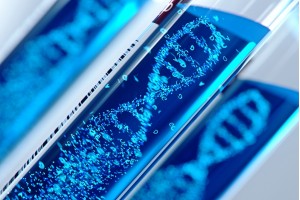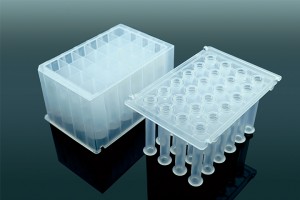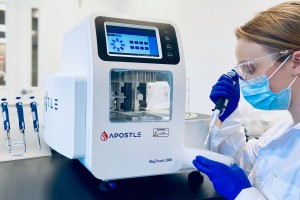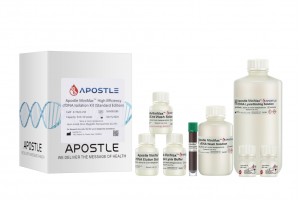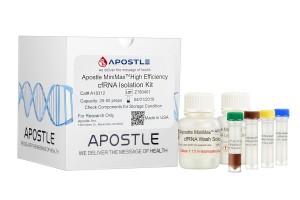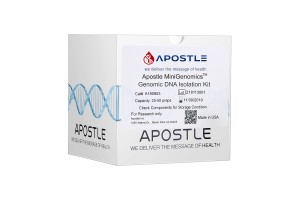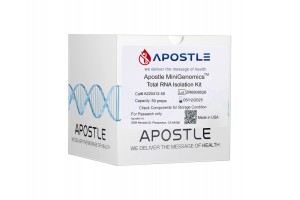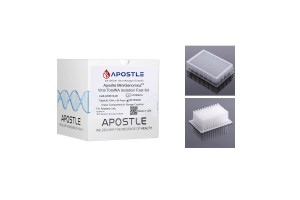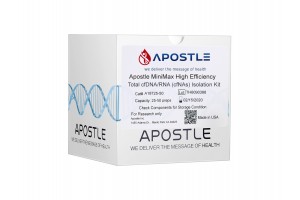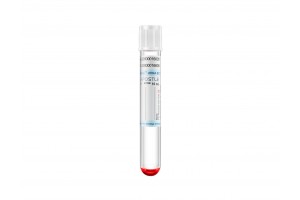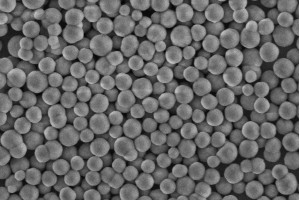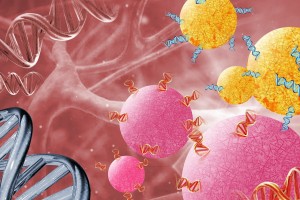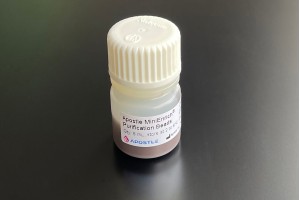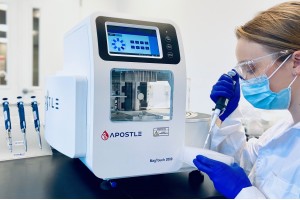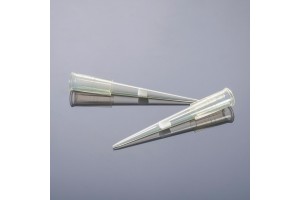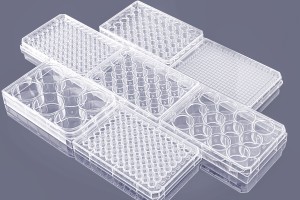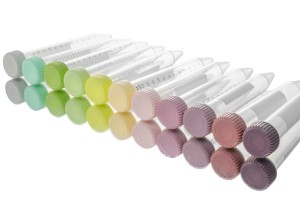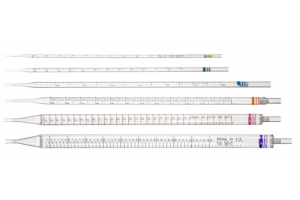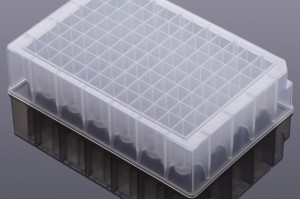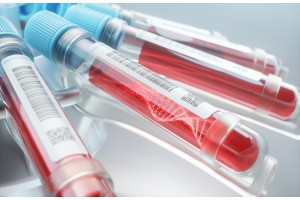Background
Liquid-phase hybridization capture sequencing is, based on the principle of complementary base pairing, to design and synthesize nucleic acid probes for regions of interest, so that DNA libraries can be enriched and sequenced using liquid-phase hybridization in target regions, so as to achieve detection on target regions at lower costs. Thanks to the ability of the probes for tolerating certain differences between target regions and the ability for jointly capturing surrounding regions, liquid-phase hybridization capture can accurately detect a variety of mutations such as SNV, InDel, CNV, SV, and gene fusions. Due to its wide application in supporting disease exploration, the detection of new pathogens or pathogenic genes has been greatly improved. As a cost-effective, reproducible and stable research strategy, it is also of great significance for personalized treatment of specific individual genetic backgrounds.
More rapid and stable experimental workflows are urgently needed for the detection of both tumor and pathogenic microorganism infections, so as to further streamline the process. Overnight hybridization (~16 hr) and redundant elution in traditional liquid-phase hybridization capture have undoubtedly affect the detection process. Therefore, Apostle has launched Apostle MiniEnrich ES Hybrid Capture Reagents (ES, Excellent Speed), which can be compatible with rapid hybridization capture of different probes, so as to accelerate the detection process.
Introduction
Apostle MiniEnrich ES Hybrid Capture Reagents is a kit optimized for the targeted capture with rapid hybridization elution steps of Apostle Panels/Probes developed by Apostle. The complete liquid-phase hybridization capture system is composed of Apostle MiniMax NanoBlockers series and 120 nt Apostle Panels/Probes series and supports flexible selection between 0.5-4 hr rapid hybridization and overnight hybridization by adjusting the hybridization time to optimize the capture performance for panels of different sizes.
Feature
o
Simplify the types of elution buffer into one to reduce the possibility of human errors during operation.
o
Simplify the experimental process, make it more convenient and user-friendly for operation to facilitate the development of automatic workstation.
o
Support flexible selection between rapid hybridization for 0.5-4 hr or overnight hybridization for 16 hr.
o Support the adjustment of hybridization time to optimize capture performance.
|
|
Performance
Capture performance with various hybridization time
|
|
Capture performance for panels of different sizes
|
|
Capture performance on different sequencing platforms
|
|
Multiple variants analysis
|
|

